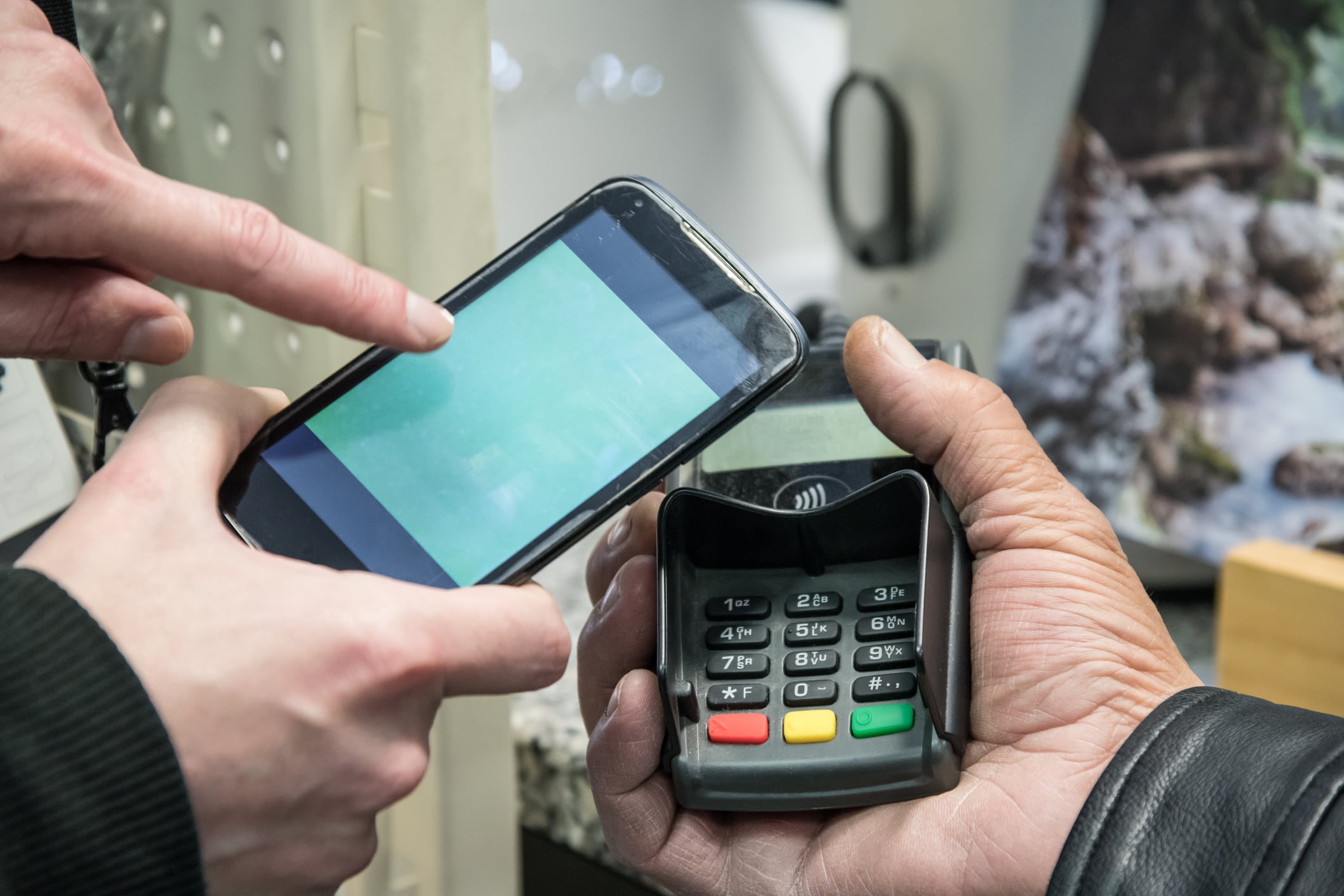“We challenged the legality of the levy. LHRC supports the payment of tax but imposing a levy on top of [regular] taxes is not fair.”
By Inaara Gangji
The government of Tanzania removed levies on electronic money transactions up to Tsh30,000 through banks and is once again reducing mobile money transaction levies up to 50% starting October 1, after public outcry. The decision was announced by the Minister of Finance and Planning, Dr Mwigulu Nchemba, in Parliament on Tuesday.
“We discussed and reviewed a number of issues including reducing tax and levies’ burden on the people, encouraging the use of cash transactions, simplifying tax collection, and avoiding double taxation for both parties – that’s the sender and receiver,” he said.
The decision seeks to reduce the financial burden on low-income consumers, especially small businesses, women, and working-class people in rural areas who extensively use mobile money, and is a step towards better financial inclusion.
Mobile money is a key driver of socio-economic growth, and formalizes the economy, according to research by the GSMA.
Mobile money transaction levies were introduced in July 2021 by the government to reportedly finance social development projects, followed by the new electronic bank transaction levies from August 15 last year.
Following the introduction of the mobile money levy in 2021, the average transaction fee reportedly increased to three times the average fee for East Africa in July 2021. Cash out values reduced and many users and businesses as a result, as per reports, faced losses and moved away from using mobile money.
The levies were met with criticism from certain quarters, with stakeholders saying they were in fact increasing the burden on consumers. In August 2021, the Legal and Human Rights Centre (LHRC) filed a lawsuit against the government.
“We challenged the legality of the levy. LHRC supports the payment of tax but imposing a levy on top of [regular] taxes is not fair,” says Anna Henga, Executive Director of LHRC in Tanzania, to FORBES AFRICA.
This is the third time levies have been amended to assist consumers with rising living costs.
Dr Nchemba said that the government will instead now reduce its expenditure. “Let’s cut tea, snacks, domestic, and foreign trips for the officials of our ministries as the President (Samia Suluhu Hassan) has instructed. Let’s cut training, seminars, concerts, workshops.”
Tanzania’s mobile money market reached a value of $54.5 billion in 2021 and had 33.2 million mobile money accounts, making the country the leader in the East African market with 44% of adults having access to banking through these services.
“We appeal to the government to completely remove the mobile money levy. Doing so will support economic growth and allow citizens to fully benefit from the huge benefits of mobile connectivity in Tanzania,” says Angela Wamola, the GSMA’s Head of Sub-Saharan Africa, to FORBES AFRICA.
